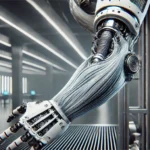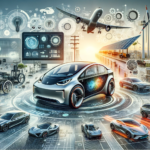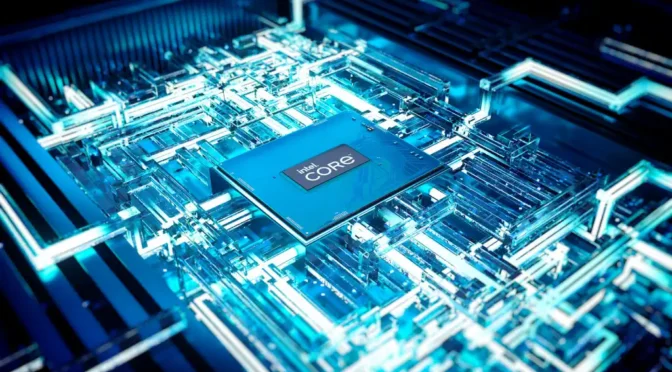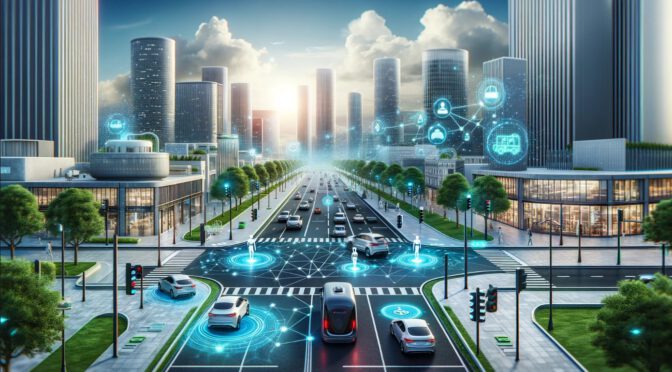[Image by TeX9.net: Imaginary AI Smartphone]Jony Ive Spearheads Design of OpenAI’s Groundbreaking ChatGPT Hardware Device
OpenAI is teaming up with designer Jony Ive to introduce a groundbreaking ChatGPT hardware device. This collaboration ushers in a new era of AI-driven computing. The project strives to offer a computing experience that disrupts social interactions less. It emphasizes a move towards blending AI more smoothly into everyday life.
OpenAI is joining forces with Jony Ive, the renowned former Apple designer, to create the first dedicated ChatGPT hardware device. Dubbed the “iPhone of artificial intelligence,” this initiative marks a significant pivot in AI technology.
A year after rumors first surfaced, Jony Ive has confirmed his involvement in designing (via bgr.com) what may become a direct competitor to the iPhone. Ive’s design firm, LoveFrom, along with Laurene Powell Jobs’s Emerson Collective, are leading the project’s funding efforts, aiming to secure $1 billion by year’s end.
Adding to the team’s prowess, Jony Ive recently enlisted Tang Tan, another ex-Apple iPhone designer, suggesting serious momentum behind the ChatGPT device. Despite no official product details yet, the design process is underway in a state-of-the-art San Francisco studio, according to reports.
The vision for the ChatGPT hardware extends beyond traditional smartphone functions. This device aims to offer a computing experience that minimizes social disruption, contrasting sharply with current smartphone interactions. This philosophy could reshape how we interact with technology, emphasizing AI-first features over conventional smartphone capabilities.
With a valuation potentially reaching $100 billion, OpenAI (via crn.com) is also drawing interest from major tech players like Apple. This presents an intriguing scenario where Apple could end up investing in a venture that challenges its core products.
The design team, which now includes former Apple talents like Evans Hankey, operates out of a sprawling office space purchased by Ive. This new venture promises not only to advance AI technology but also to potentially redefine the hardware landscape.






















